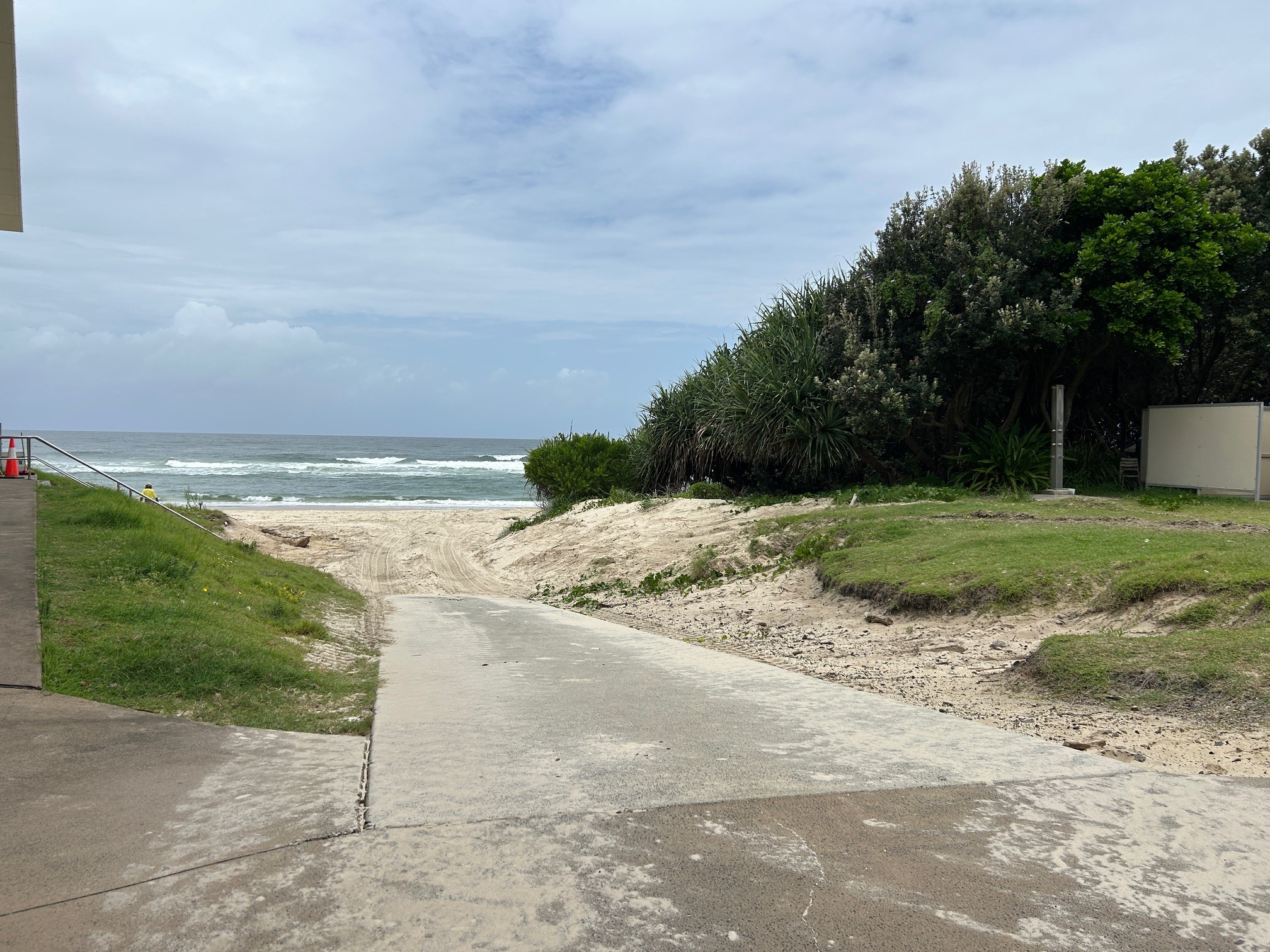- Australian Institute of Marine Science survey shows unprecedented coral loss
- Recurring bleach events have severe impact on Reef’s ability to recover
- Australia needs urgent climate action – not words – to protect Reef and keep its World Heritage status
Australia must do much more to battle climate change to help the Great Barrier Reef, the Australian Marine Conservation Society (AMCS) said after the latest underwater reef survey showed unprecedented damage from the catastrophic summer, including this year’s mass coral bleaching event. The worst-hit southern reef is still to be surveyed.
The Australian Institute of Marine Science (AIMS) today released its first underwater surveys from its (LTMP) since the Reef experienced a serious and extensive mass bleaching event, two cyclones and flooding from December 2023 to March 2024. The survey found substantial losses of coral cover on 12 reefs ranging from 11% to 72% of pre-summer levels as a result of these events.
The underwater surveys from the Cooktown-Lizard Island section show that one third of the corals that bleached this year have died, which is the largest annual decline for this sector since the LTMP began.
Earlier aerial surveys showed that about 75% of the Great Barrier Reef was hit by bleaching, with many areas experiencing high to extreme bleaching levels. In the northern Reef area, Lizard Island – which had been devastated by bleaching in 2016 and was showing early signs of recovery – has now lost up to 97% of its corals in some areas.[1]
AMCS Reef Campaign Manager Dr Lissa Schindler said: “The survival rate of the coral that AIMS has surveyed so far paints a grim picture for the Great Barrier Reef, and we’re still waiting on results from the southern regions, where heat stress was at an all-time high.
“If Australia continues to pay only lip service to climate policies instead of taking concrete action it will lead to further irreversible damage. Australia must urgently commit to more action to battle climate change, slashing greenhouse gas emissions and stop approving new fossil fuel developments, if it wants to keep the Reef off the World Heritage ‘In Danger’ list
“Our Great Barrier Reef is enduring more frequent and intense bleaching events, one after another with insufficient time to recover, which can take more than a decade.
“The Australian and Queensland governments need to submit a report to World Heritage Committee advisers UNESCO by February 1, detailing mortality rates from the bleaching event and presenting an updated emissions reduction target.
“We know what needs to be done. We need more action to battle climate change and stronger nature laws. Without immediate measures, we risk losing one of the world’s most treasured ecosystems.”
The southern reef surveys are still underway, and scientists continue to monitor the impact of this bleaching event.








